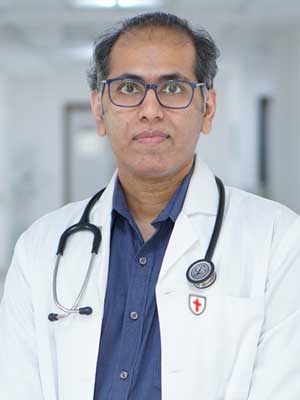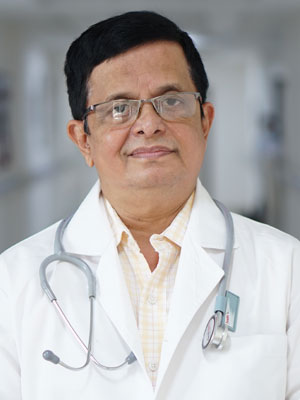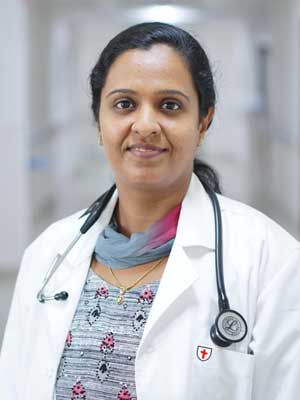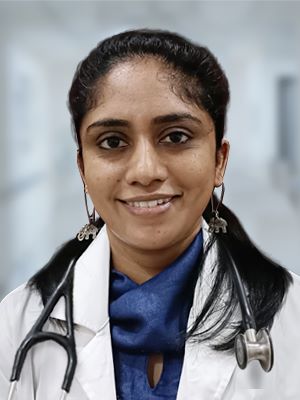Overview
Our experienced team of ENT surgeons, highly trained speech-language pathologists and audiologists offer high quality ENT care. We are equipped with state-of-the-art devices like operating microscopes, Storz monitor and camera, Storz nasal, laryngeal and ear surgery instruments, Storz debriders and micro drills.Our ultra-clean operation theatres are capable of handling complex and emergency surgical needs. Our doctors are up-to-date on the latest advances in the medical field by attending workshops, conferences and seminars. We are also committed to teaching at both undergraduate and postgraduate levels along with research and innovation in ENT head and neck surgery.
Services
-
Removal of foreign bodies in the ear, nose and throat.
-
Treatments for Otological diseases like earache, discharge, bleeding, trauma, hearing loss, tinnitus, vertigo, etc.
-
Oral cavity, larynx, and throat disorders
-
Bronchoscopies
-
Head and neck disorders like screening and treatment of malignancies, thyroid and salivary gland diseases, small scar thyroidectomies
-
Audiology, speech and swallowing disorders evaluation, diagnosis and treatment
-
Adenoidectomy by curettage and endoscopically with debrider and coblation
-
Septoplasty – conventional and endoscopic surgeries
-
Nasal polypectomy using Microdebrider
-
FESS and Extended FESS
-
Rhinoplasty, both internal and external
-
Vocal cord surgeries for vocal nodules, cysts, polyps, cancers, etc.
-
Myringotomy and grommets for MEE
-
All types of tympanoplasty for CSOM
-
Modified Radical Mastoidectomy for unsafe type CSOM
-
Submandibular sialadenectomy
-
Direct laryngoscopy and rigid esophagoscopy
Specialists
FAQ
An ENT surgeon (Ear, Nose, and Throat) is a medical specialist who is trained to treat conditions related to the ears, nose, and throat. This can include problems with hearing, balance, smell, taste, speech, and swallowing.
ENT surgeons can perform a wide range of procedures, including tonsillectomies, adenoidectomies, ear tube placement, sinus surgeries, and head and neck cancer surgeries.
Depending on the procedure, ENT surgeons may use local anesthesia, general anesthesia, or sedation to keep patients comfortable during the procedure. Patient safety is always a top priority, and ENT surgeons take careful measures to monitor vital signs and ensure patient comfort.
In general, the treatment of sinusitis depends on the duration and severity of the symptoms. Most often multiple medications such as an antibiotic (fights bacterial infections), decongestant (allows drainage), mucolytic (thins mucus), corticosteroid (reduces inflammation), and nasal irrigation are prescribed. There are many appropriate medications in each of these categories and the best treatment plan must be individualized. Infrequently, sinus surgery is needed for acute uncomplicated sinusitis.
The two most common reasons for removal of tonsils and adenoids are recurrent infection despite antibiotic therapy, and difficulty breathing due to enlarged tonsils and/or adenoids. Some orthodontists believe chronic mouth breathing from large tonsils causes malformations of the face and poor teeth alignment. Adenoids are very close to the Eustachian tube and when infected or enlarged can contribute to ear disease. Much more rarely, tonsils are removed to check for the possibility of cancer in patients with very asymmetric tonsils or other signs of malignancy.
News & Events

CME & Workshop on Laryngology, PENTA VOICE CRAFT will be held on July 12-13, 2025,…
View this Post







